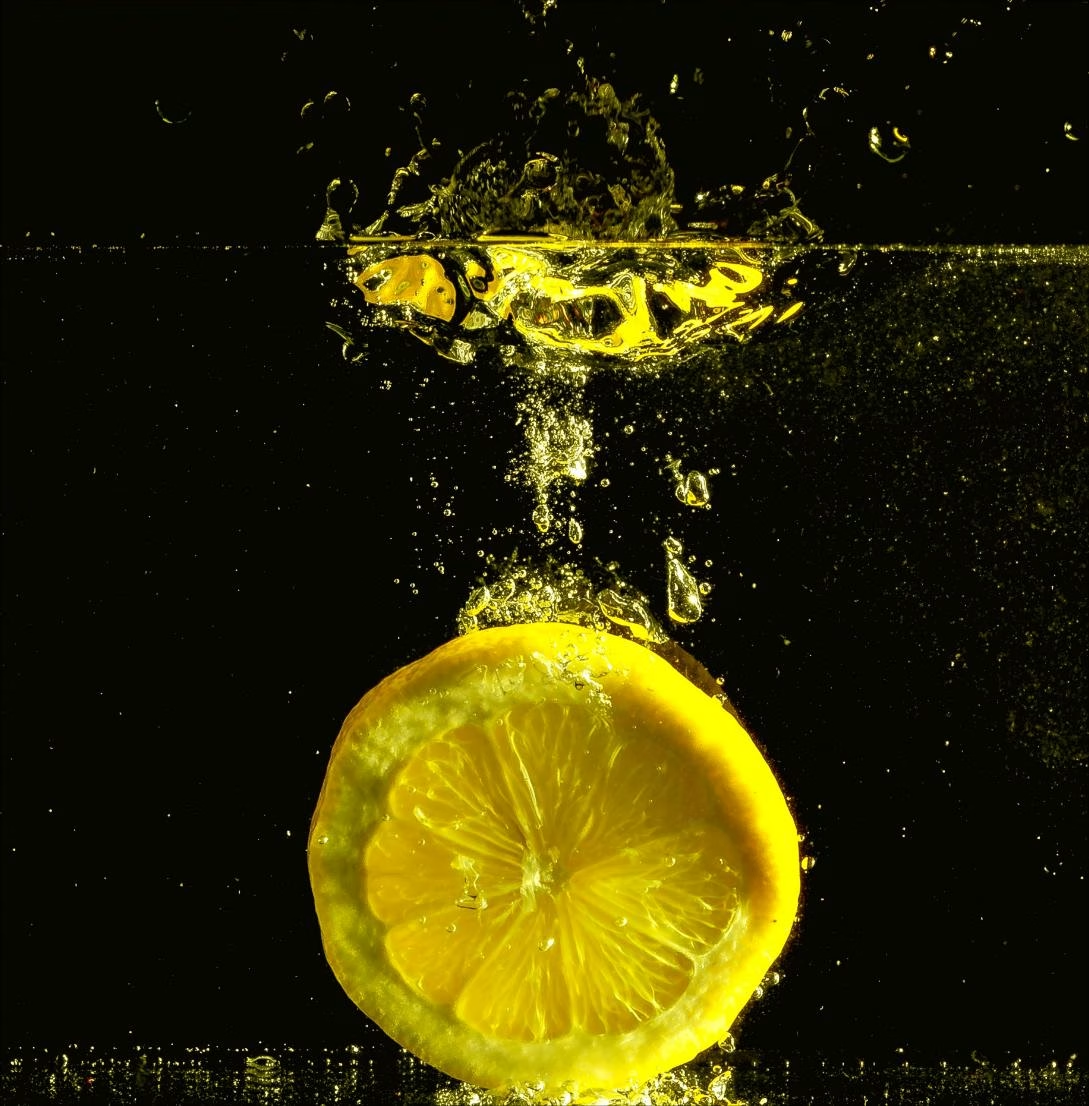Lemons and lemon juice, though extremely sour, are actually alkaline.
Although lemon juice is a popular food, its sour taste means it’s often mixed with other beverages, such as water, tea, or other fruit juices. It’s also diluted with water and then added with sugar or honey to make it less tart.
However, why is lemon juice, so sour, considered alkaline by many?
Analyzing Lemon Juice from a pH Perspective
When discussing whether a liquid is acidic or alkaline, the pH level likely comes to mind. This scale, which measures the acidity or alkalinity of a liquid, is based on a scale of 0 to 14. A liquid with a pH of 7 is considered neutral, a liquid with a pH below 7 is acidic, and a liquid with a pH above 7 is alkaline.
Furthermore, two liquids with a pH difference of just 1 can have a 5-10 times difference in acidity. For example, a liquid with a pH of 5 is 5-10 times more acidic than a liquid with a pH of 6, and 25-100 times more acidic than a liquid with a pH of 7.
Lemon juice typically has a pH of around 2-3, making it a very acidic liquid. So why do many people consider it alkaline?
The reason why lemon juice is considered alkaline
Regardless of whether a food is inherently acidic or alkaline, it can undergo changes after digestion. This means that originally acidic foods may produce alkaline byproducts after breakdown, digestion, and absorption.
Even if these foods taste very acidic, they can still be classified as alkaline.
Ash Content
If you want to test whether a food produces acidic or alkaline byproducts in the body, you can perform a food ash test.
Ash is the residue left after food is burned at high temperatures. Testing the acidity or alkalinity of food ash reveals how acidic or alkaline the food will be after digestion.
PRAL
The renal acid load (PRAL) is also an effective way to determine the acidity or alkalinity of food.
Foods with a PRAL value greater than 0 are acidic, while foods with a PRAL value less than 0 (a negative number) are alkaline. Lemon juice, which is extremely sour, has a negative PRAL value and produces alkaline byproducts after digestion, which is why many consider it an alkaline food.
Does the acidity or alkalinity of food affect health?
Some people believe that the pH of the food we consume affects our blood pH, leading to health concerns. However, blood pH is actually regulated by the kidneys and is typically maintained between 7.35 and 7.45.
Food does not likely cause changes in blood pH. Some people also believe that consuming an alkaline diet can prevent bone loss. Consuming more acidic foods doesn’t affect calcium levels in the body, so intentionally consuming large amounts of alkaline foods is generally unnecessary.
Some people, such as those with kidney disease who must limit their protein intake, may benefit from a higher alkaline diet.
Or those seeking to prevent or improve kidney stones, etc. However, everyone’s medical condition is different, so it’s recommended to consult your doctor before deciding to adopt an alkaline diet.
Health Benefits of Lemon Juice
Lemon juice is rich in vitamin C, a powerful antioxidant that helps fight free radicals, reduce inflammation, boost immunity, and prevent cardiovascular disease. Every 30ml of lemon juice provides 23% of the recommended daily intake of vitamin C.
In addition, studies have shown that drinking vitamin C-rich beverages, such as lemon water, with meals can help with iron absorption.


Leave a Reply